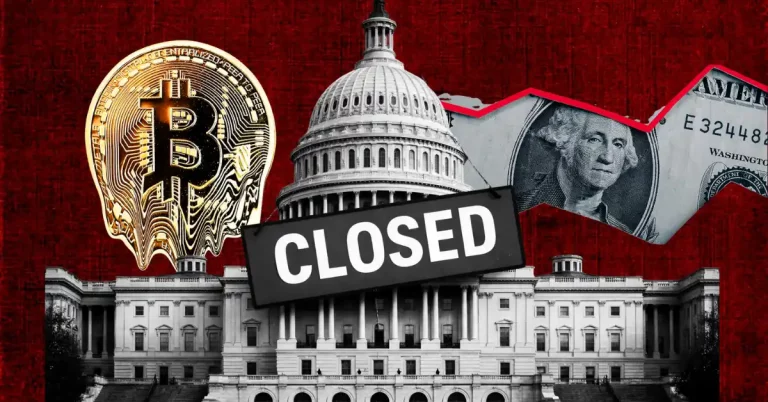
The diplomatic tensions between Israel and Australia have taken a significant turn as the Israeli Minister of Foreign Affairs, Gideon Sa’ar, announced the revocation of visas for Australian representatives engaging with the Palestinian Authority. This decision reflects the ongoing complex political dynamics within the region.
Key Points of the Decision
Gideon Sa’ar confirmed the move on social media platform X, stating: “I decided to revoke the visas of Australian representatives to the Palestinian Authority. The Australian Ambassador to Israel was just notified on the matter.”
The decision was made in response to Australia’s recognition of a Palestinian state and its refusal to grant visas to prominent Israeli figures, including former Minister Ayelet Shaked and Simcha Rotman, the Chairman of the Knesset’s Constitution, Law and Justice Committee. Sa’ar also emphasized concerns regarding rising antisemitism in Australia, claiming that the government has fueled tensions by blocking these officials’ entry.
Reactions Across Both Nations
The Australian government faces increasing scrutiny over its foreign policy decisions related to Palestine and Israel. Critics argue that such actions may strain longstanding alliances, while others support Australia’s commitment to recognizing Palestinian sovereignty. At the same time, Israel’s firm stance underlines its resistance to policy shifts that it perceives as undermining its position in the region.
Bethany Randell, the current Australian Representative to the Occupied Palestinian Territories, continues her diplomatic role amidst the evolving political landscape. However, the implications of Israel’s revocation of visas are expected to impact ongoing collaborations and dialogues between the two nations.
The Broader Impact
Diplomatic relations between Israel and Australia remain critical for global peace and international stability in the Middle East. The growing friction underscores the nuanced challenges governments face when navigating complex historical and cultural issues in the region.
For those looking to understand the political and historical intricacies of this situation, books such as “Understanding Israel and Palestine: A Historical Perspective” can provide valuable insights. Learning and delving deeper into the context helps foster informed perspectives.
This unfolding diplomatic controversy reminds us of the delicate interplay between politics, international relations, and societal impact, encouraging the global community to strive for constructive dialogues and solutions.






